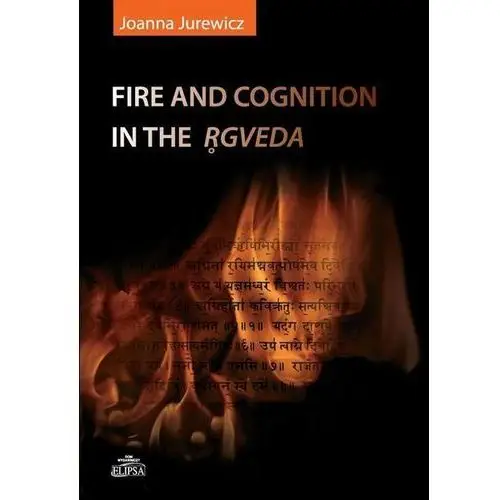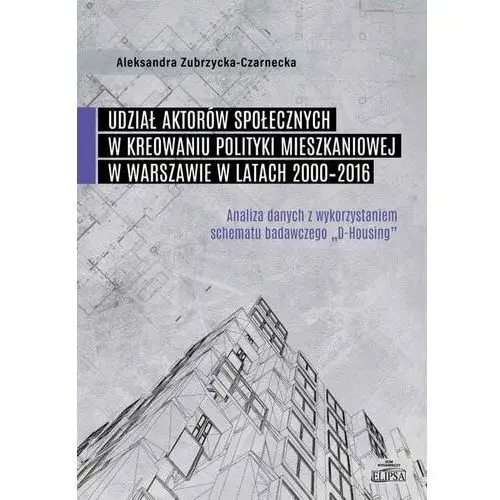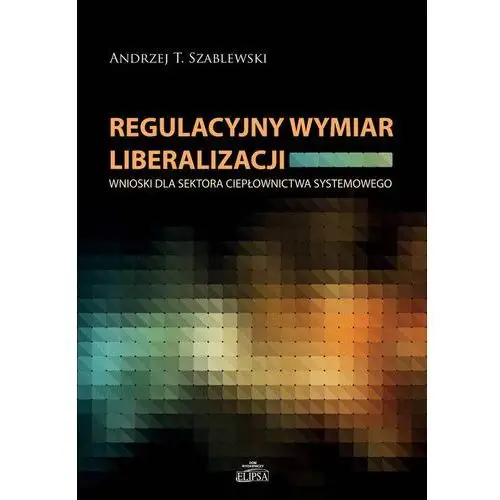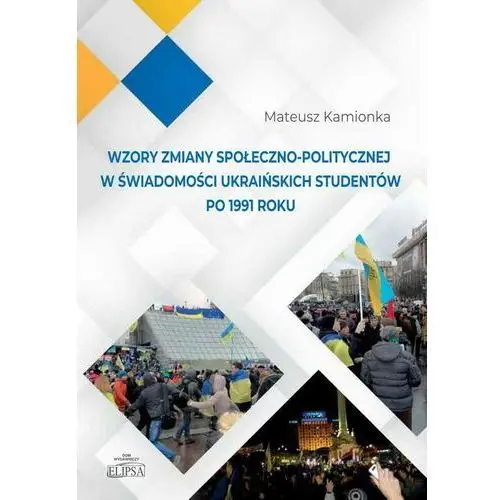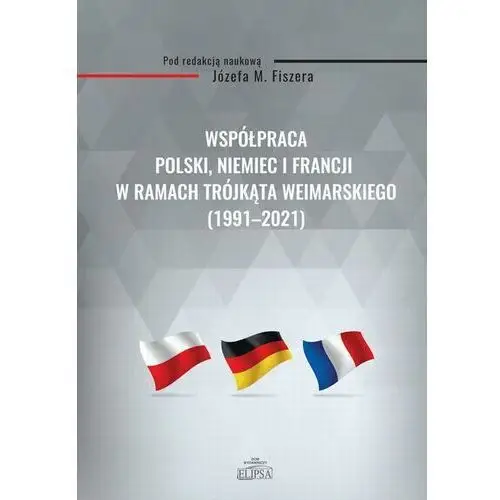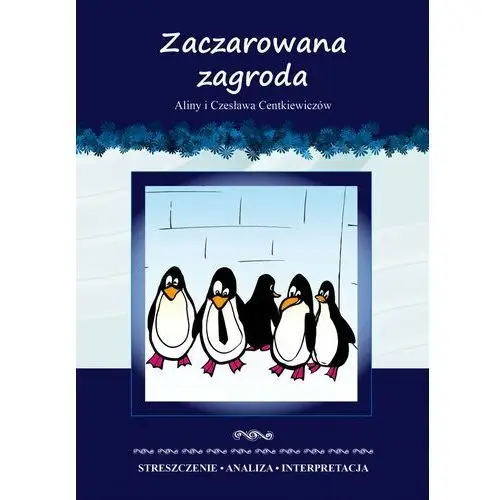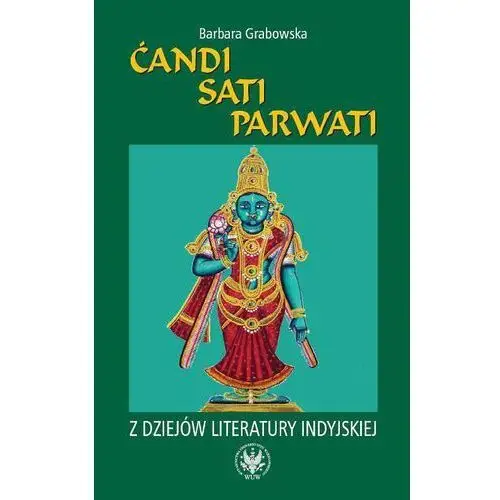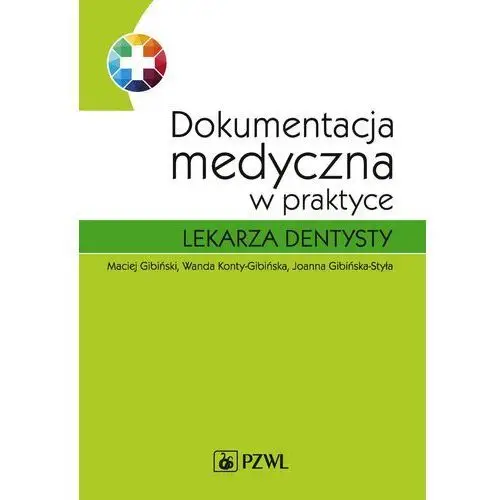This book is an attempt to reconstruct the efforts of the ancient Indian thinkers in understanding the world and themselves. They expressed their concepts in a text called the Rgveda, which is analysed in this book.
The Rgveda is the earliest Indiancomposition and fundamental to its later culture. It is also an important testimony for the beginnings of Indian philosophy and for human philosophical thinking ingeneral.
The main aim of this book is to reconstruct the attempts of the Rgvedic composers to create a philosophical system with Agni at its centre. In that my approach differs from that of scholars who focus on Indra and Varuṇa as the main Rgvedic gods.
Such investigations are conveyed in the field of mythology (Kuiper 1983, 1986, Brown 1942, 1965), in the reconstruction of religious and social activities (Schmidt 1968, Oberlies 1998, 1999), and of the influence of Soma (Nicholson2002).
The result of my analysis concerning metaphysics is closer to Bergaigne’s (1963) theory in that he too emphasises the importance of Agni as the central concept of the Rgvedic cosmology. Centrality of Agni for Rgvedic metaphysics was also observed żeby Kramrisch (1962, 1963) who interprets creation of the world as successive manifestations of fire.
In my attempts to see a coherent concept of the world expressed żeby the various Rgvedic images.
